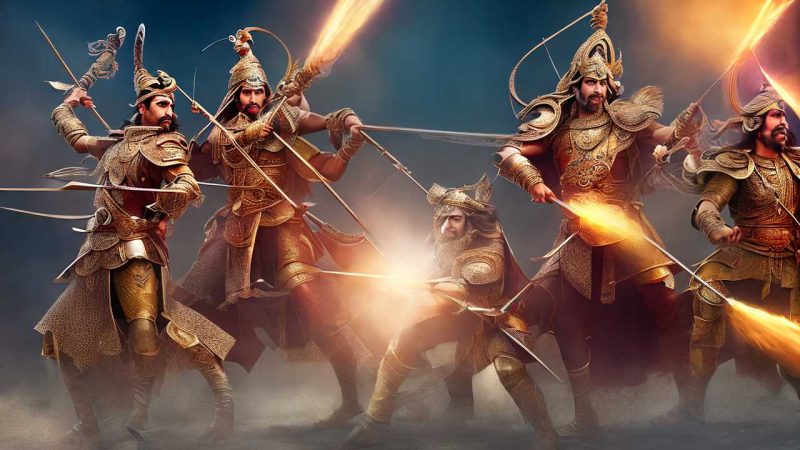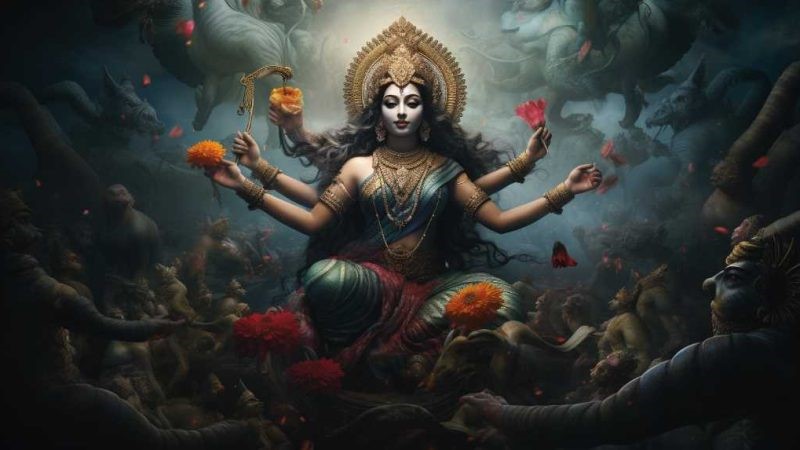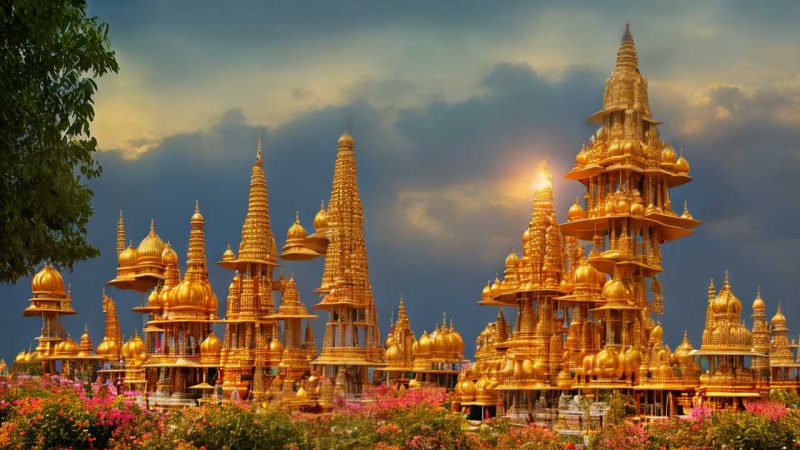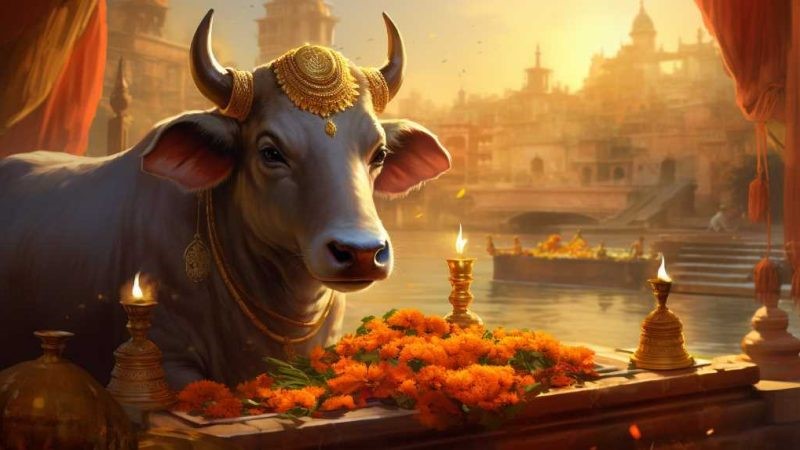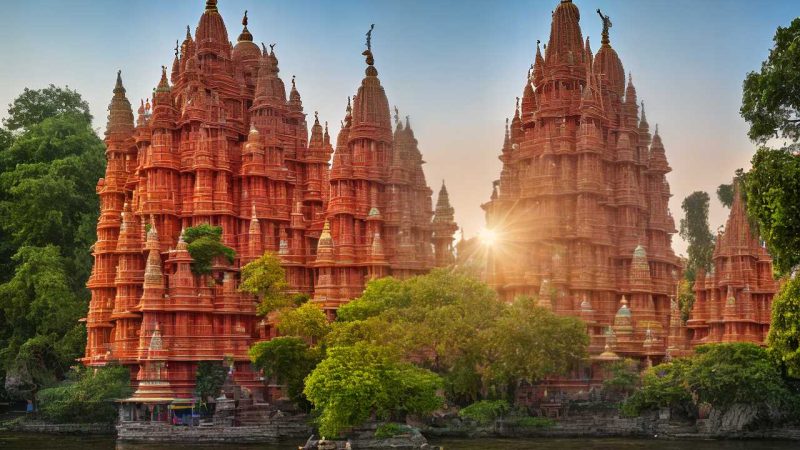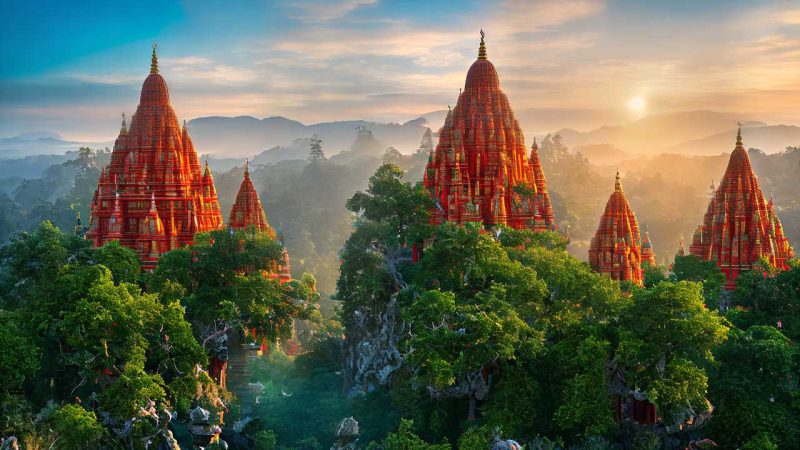The Tamil Calendar of Hindu Festivals in India
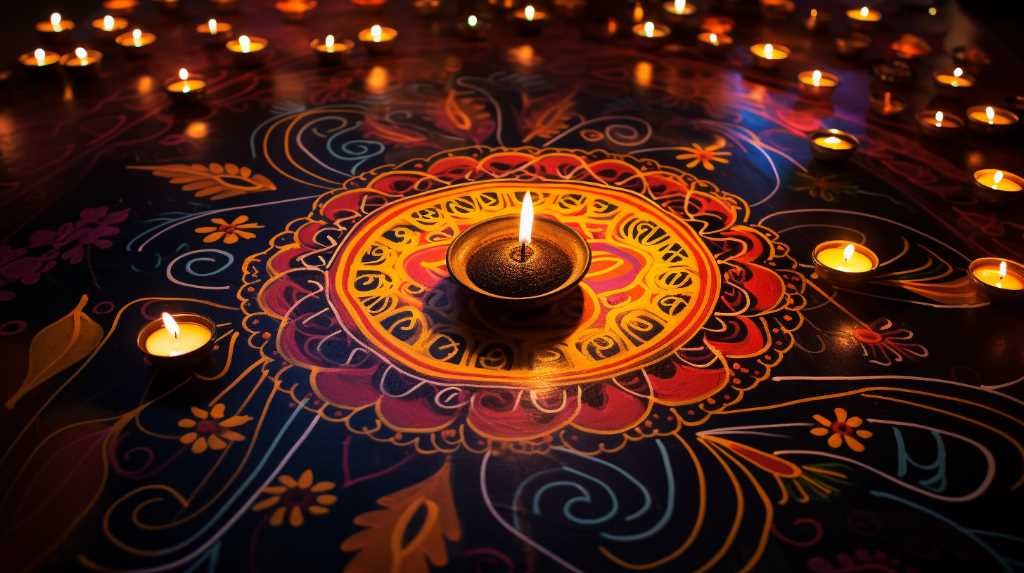
The Tamil Calendar is important in Tamil Nadu, India, as well as among Tamil communities in Singapore and Malaysia. It’s both a solar and a lunisolar calendar, and it’s full of Hindu festivals that are very important to the local culture and religion. These festivals are old and are based on the stars and planets. They help people keep track of time and show what the Tamil community values.
For example, Pongal is a happy festival that celebrates the good things nature gives us. Thai Pusam shows deep religious faith with a dance called Kavadi Attam. These festivals are more than just parties; they connect the movements of the stars to people’s lives and traditions. They show how the Tamil people have always used farming, history, and the stars to make their festivals meaningful and exciting.
To really understand these festivals, you have to think about these connections.
Pongal: The Harvest Celebration
Pongal is a four-day festival mainly celebrated in Tamil Nadu, a state in South India. It starts with the sun’s six-month move to the north, called Uttarayan. This festival is important because it celebrates the time when crops are harvested, which is a big deal for farmers. The name ‘Pongal’ comes from a Tamil word that means ‘to boil over.’ This is like a wish for everyone to have so much good luck and wealth that it overflows.
Pongal is a way for people to say thank you to nature. It’s about matching our celebrations with what’s happening in the world around us, like the seasons. This festival is also a way to remember and keep using the old knowledge about farming and nature that people in Tamil Nadu have always known. It’s a time to honor the sun and the earth, which are very important in farming.
Thai Pusam: Devotion Embodied
Thai Pusam is a festival that honors Lord Murugan, an important figure in Hinduism. It takes place during the Tamil month of Thai, when the Pusam star shines brightest in the sky.
This event is celebrated by people showing their deep religious commitment through serious acts of worship. They often go on long walks to sacred places and carry heavy offerings to show their gratitude or to seek forgiveness, showing their dedication in a very physical way.
Experts in religious studies see Thai Pusam as an important example of Hindu traditions. It brings together the physical and spiritual sides of faith in a way that is both impressive and full of deeper meanings connected to the culture.
The festival highlights the powerful story of overcoming difficulties and finding spiritual success, a story that is common in Hindu stories and reflects the real lives of believers.
Panguni Uthiram: Celestial Weddings
Panguni Uthiram is a special day that happens at the end of the Tamil month called Panguni. It’s a time when people celebrate the marriages of Hindu gods and goddesses with a lot of respect and festivity. The festival takes place when the moon lines up with a star cluster known as Uttara Phalguni, or Uthiram in Tamil. This alignment is thought to make wedding ceremonies even more blessed.
The wedding of gods like Parvati with Shiva, Lakshmi with Vishnu, and Murugan with Devasena are some of the unions celebrated during this festival. People believe that when the full moon and the Uthiram star come together, it’s a perfect time for weddings. So, during Panguni Uthiram, people participate in special rituals, watch parades at temples, and many couples also get married.
The festival is very important in Tamil culture because it shows how heavenly events are connected to life on Earth. Panguni Uthiram is not just a religious event but also a time when the idea of marriage as something holy is celebrated, both in the heavens and among people.
Aadi Perukku: Reverence of Water
Aadi Perukku is a festival on the 18th day of the Tamil month Aadi. People celebrate it because water is so important – for growing crops and for our health. This festival is especially important in Tamil Nadu because they depend a lot on the monsoon rains to fill up the Cauvery River. Aadi Perukku is like a big thank you to nature for giving them the water they need to farm and live.
When people gather by the river, they’re not just having fun. They’re doing things that show how thankful they are for the rain and the river. They believe that the water brings them good luck and helps their crops grow. It’s a reminder of how important the rainy season is to them because they grow so many of their crops during this time.
Karthigai Deepam: Festival of Lights
Karthigai Deepam is a Hindu Festival of Lights that honors light, which is a natural element. It’s a time when people celebrate the victory of light over darkness, which is like saying that learning and understanding win over ignorance.
Every year, in the Tamil month called Karthigai, people light small clay lamps in their homes and temples. These lamps aren’t just for looks; they symbolize the idea that gaining knowledge can push away ignorance, just like how light pushes away the dark.
This festival is not just about lights; it’s connected to stories about Lord Shiva, one of the main gods in Hinduism. Lord Shiva’s dance is said to be about the ongoing cycle of the universe: how it’s created, kept up, and eventually ends. This story makes the festival even more meaningful for those who celebrate it.
In short, Karthigai Deepam is a beautiful festival where the lighting of lamps has a deep spiritual meaning. It’s a time when people reflect on the importance of knowledge and the stories that shape their faith.
Conclusion
In conclusion, the Tamil calendar is full of festivals that show the diverse cultural and religious life in India. Celebrations like Pongal honor farming, while Thai Pusam focuses on showing devotion through physical acts. Panguni Uthiram celebrates the joining of gods, Aadi Perukku pays respect to rivers and water, and Karthigai Deepam is all about lighting lamps to brighten up the night.
Each of these festivals has deep meaning and helps bring Tamil Hindus together. They celebrate the changing seasons and keep old traditions alive in modern Indian society.

